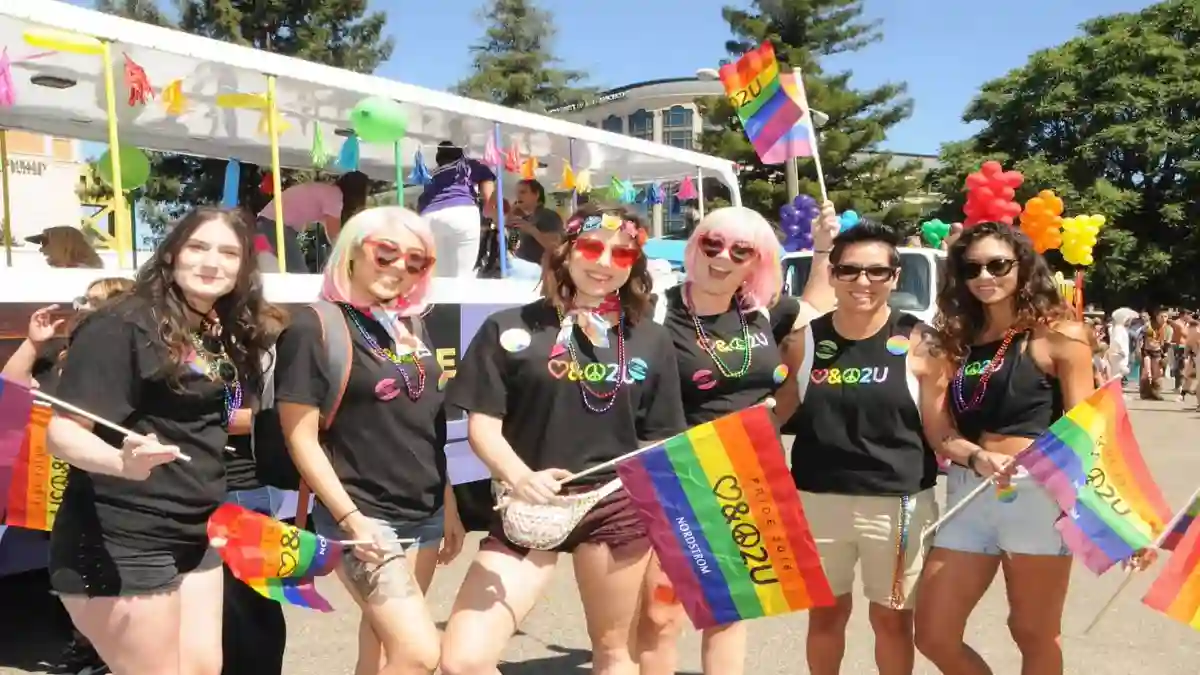
A Gallup survey (2025) has revealed a striking generational shift in American identity and culture. According to the report, nearly 1 in 3 women aged 18 to 28 in the United States now identify as LGBTQ, marking one of the most dramatic changes in sexual identity trends seen in decades.
Overall, 9.3% of U.S. adults identified as LGBTQ in 2024, compared to just 3.5% in 2012. The growth is particularly concentrated among younger generations, especially Generation Z (ages 18–27), where 22.7% identify as LGBTQ.
The survey highlights that women are driving this cultural shift. Among Gen Z women, 31% identify as LGBTQ, while only 12% of Gen Z men report the same. Experts say this pattern is largely fueled by the rising number of individuals identifying as bisexual, who make up more than half of the LGBTQ community nationwide.
Social scientists point to changing social norms, media representation, and increasing acceptance as major reasons behind this surge. GLAAD’s “Accelerating Acceptance 2025” report supports these findings, noting that LGBTQ visibility in media has helped normalize diverse identities among younger audiences.
The implications of this trend are significant, not just socially but also politically. With younger generations embracing more inclusive identities, issues of LGBTQ rights, representation, and equality are likely to play an even larger role in shaping future policies and cultural debates across the United States.
As America witnesses this generational transformation, the numbers reveal a clear message: Gen Z women are redefining identity and challenging traditional norms in ways that will influence society for decades to come.
















